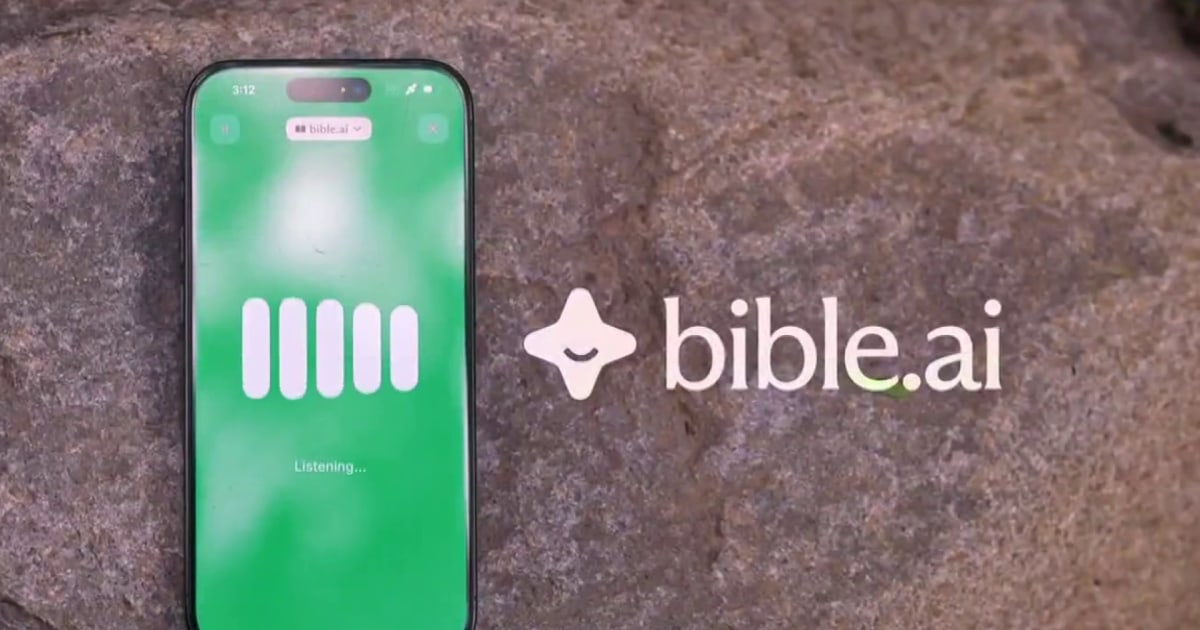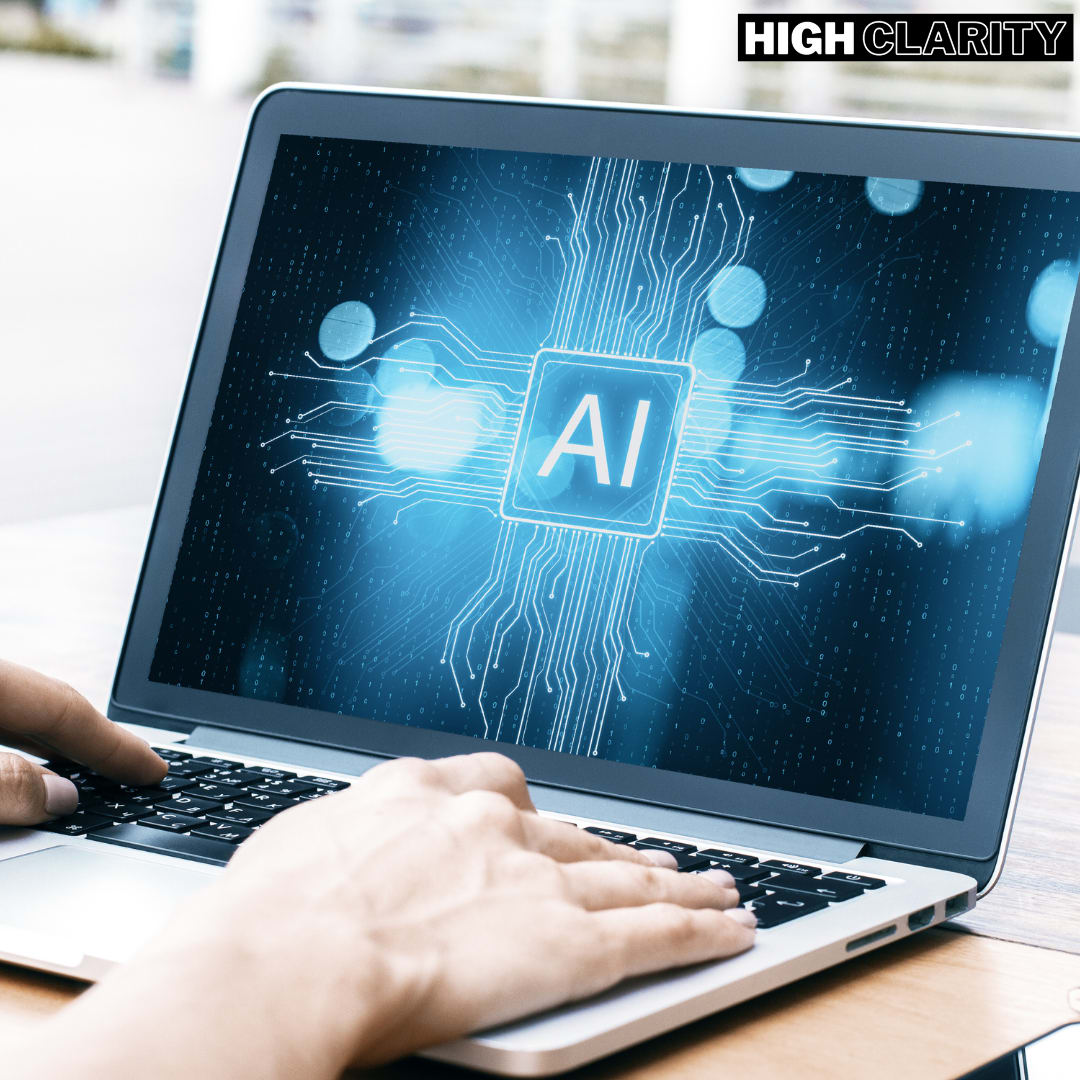
In an era where artificial intelligence (AI) is increasingly integrated across sectors from healthcare to education, the realm of religion is experiencing its own digital transformation. One such development is Bible.ai, a mobile application using AI to help users engage more deeply with their Christian faith.
Bible.ai is part of a broader trend involving faith-based technology platforms that utilize machine learning, natural language processing, and other AI capabilities to help users interpret, contextualize, and understand sacred texts from various religions. These tools are particularly popular among younger, tech-savvy audiences seeking accessible ways to interact with spiritual content.
Leo McLaren, the founder of Bible.ai, recently discussed the purpose and goals of the application in an interview with NBC News. According to McLaren, Bible.ai is not intended to serve as a replacement for traditional church services or in-person religious community. “It’s a supplement,” he explained, emphasizing that the app should be viewed as an additional tool to help users explore their faith outside of conventional settings.
The app functions by allowing users to ask questions about the Bible and receive responses generated by AI that is trained on theological and historical data. For example, users can inquire about the meaning of a particular verse or seek clarity on moral and ethical questions, and the app provides responses drawn from a wide range of biblical interpretations and scholarly resources.
McLaren also noted that Bible.ai includes safeguards to ensure the accuracy and theological soundness of its responses. The app regularly consults with religious scholars and clerics in its development process to maintain doctrinal fidelity and avoid potential misinterpretations of scripture.
As more people turn to technology to fulfill spiritual needs in an increasingly digital world, apps like Bible.ai are opening new channels for religious engagement. However, faith leaders and developers alike caution that while technology can enhance spiritual learning, it should not replace the communal and experiential aspects of religion.
“Faith is personal but also communal,” McLaren said, reinforcing that while digital tools can provide convenience and insight, they cannot replicate the nuanced human connections and shared rituals found in traditional worship settings.
With its AI-driven approach combined with human oversight, Bible.ai represents a significant step in the intersection of faith and technology. As interest in spiritual apps grows, developers like McLaren aim to ensure these tools remain true to their religious roots while meeting the needs of contemporary seekers.
Source: https:// – Courtesy of the original publisher.








